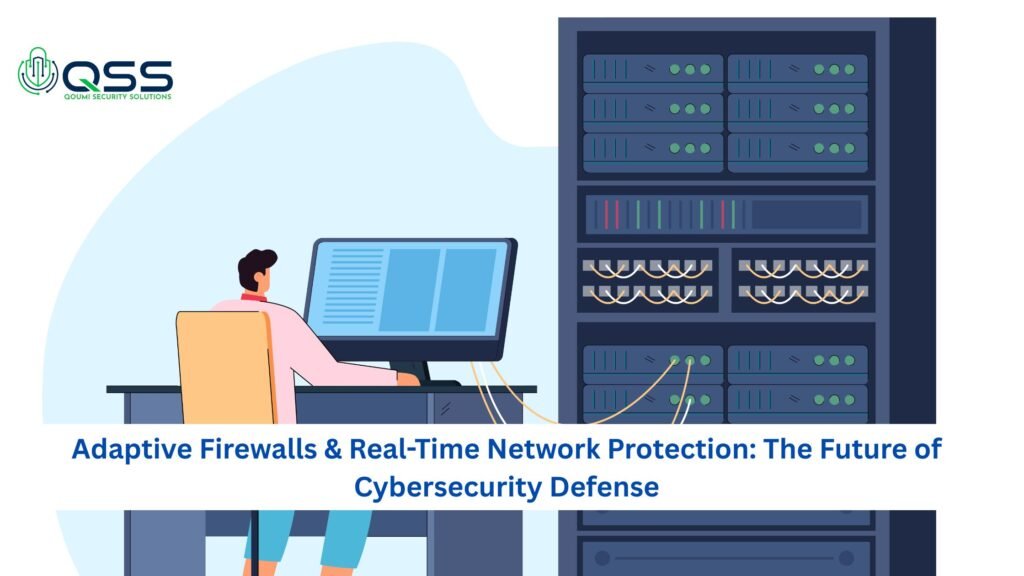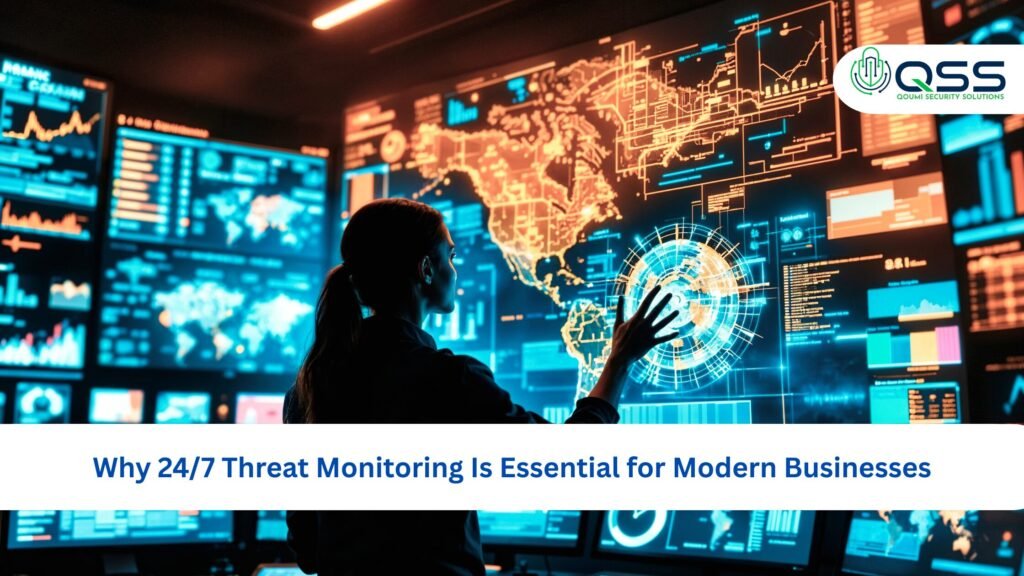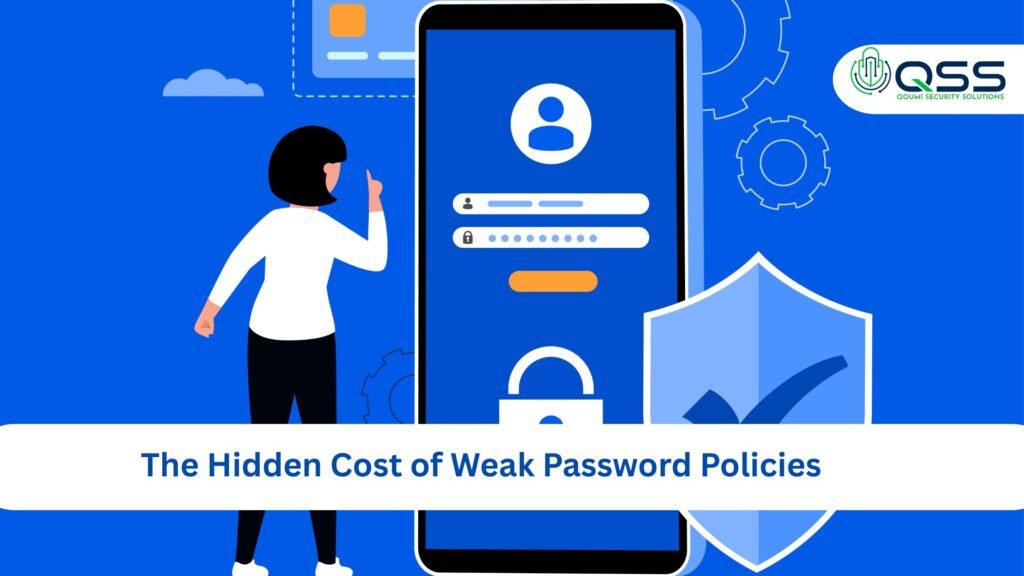what cybersecurity analyst do?
what cybersecurity analyst do?
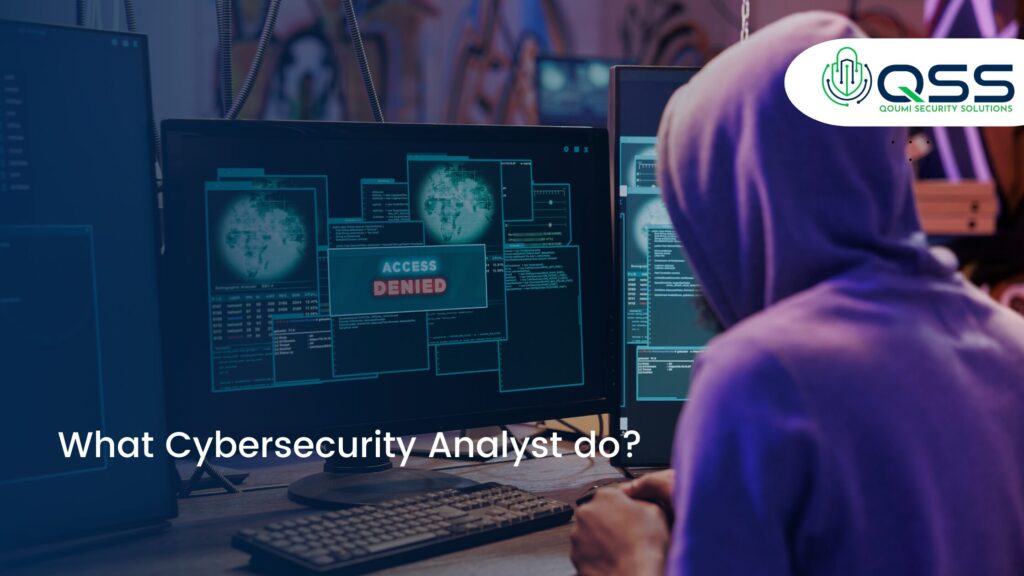
A cybersecurity analyst is a professional responsible for protecting an organization’s computer systems, networks, and data from cyber threats. They serve as the first line of defense against hackers, malware, ransomware, phishing attacks, and other malicious activities. By monitoring and fortifying IT systems, cybersecurity analysts ensure the confidentiality, integrity, and availability of sensitive information.
Core Responsibilities of a Cybersecurity Analyst
Cybersecurity analysts have a dynamic role that blends technical expertise with strategic thinking. Below are their primary responsibilities:
- Threat Detection and Prevention
- Monitor networks and systems for unusual activity or vulnerabilities.
- Use tools like intrusion detection systems (IDS) and security information and event management (SIEM) platforms to identify potential threats.
- Implement firewalls, antivirus software, and encryption protocols to prevent unauthorized access.
- Incident Response
- Investigate and mitigate cyber incidents, such as data breaches or malware infections.
- Develop and execute incident response plans to minimize damage and restore operations quickly.
- Collaborate with IT teams to analyze the root cause of security breaches and prevent future occurrences.
- Risk Assessment and Management
- Conduct regular assessments to identify vulnerabilities in systems and processes.
- Prioritize risks and recommend measures to mitigate them, such as patching software or upgrading outdated systems.
- Perform penetration testing to simulate cyberattacks and evaluate system resilience.
- Security Policy Development
- Design and implement security policies and procedures to protect sensitive data.
- Ensure compliance with industry regulations like GDPR, HIPAA, or ISO/IEC 27001.
- Educate employees on best practices for cybersecurity, including password management and phishing awareness.
- Continuous Monitoring and Reporting
- Continuously monitor IT infrastructure to identify evolving threats.
- Generate reports on system health, security incidents, and remediation efforts for stakeholders.
- Stay updated on the latest cybersecurity trends and emerging threats .
Essential Skills for a Cybersecurity Analyst
To excel in this role, a cybersecurity analyst must possess a mix of technical and soft skills:
- Technical Skills
- Network Security: Knowledge of firewalls, VPNs, and intrusion detection/prevention systems.
- Endpoint Protection: Understanding how to secure devices like laptops, servers, and mobile phones.
- Cryptography: Familiarity with encryption methods to secure data.
- Programming: Proficiency in languages like Python, Java, or C++ for scripting and automation.
- Operating Systems: Expertise in Windows, Linux, and macOS environments.
- Analytical Skills
- Ability to analyze large datasets to identify patterns or anomalies.
- Critical thinking to assess risks and prioritize security measures effectively.
- Communication Skills
- Clear communication to explain technical issues to non-technical stakeholders.
- Strong documentation skills for incident reports and policy creation.
- Problem-Solving Skills
- Quick decision-making during incidents to minimize impact.
- Innovative thinking to develop robust defense mechanisms.
Tools and Technologies Used by Cybersecurity Analysts
Cybersecurity analysts rely on a wide range of tools to perform their duties effectively. Some of the most commonly used tools include:
- SIEM Tools: Splunk, QRadar, or LogRhythm for real-time security monitoring and alerts.
- Endpoint Security Solutions: CrowdStrike, Symantec, or McAfee for device protection.
- Penetration Testing Tools: Metasploit, Wireshark, or Nessus for vulnerability assessments.
- Threat Intelligence Platforms: Recorded Future or ThreatConnect to stay informed about emerging threats.
- Firewall and VPN Tools: Palo Alto Networks, Fortinet, or Cisco for network protection.
A Day in the Life of a Cybersecurity Analyst
The daily activities of a cybersecurity analyst can vary based on the organization’s needs. However, a typical day may include:
- Reviewing security alerts and investigating suspicious activities.
- Conducting vulnerability scans and applying patches.
- Analyzing phishing attempts and training employees on how to avoid them.
- Collaborating with the IT team to enhance system security.
- Documenting incidents and preparing reports for management.
Career Path and Growth Opportunities
Cybersecurity analysts have a clear growth trajectory within the cybersecurity domain. With experience and additional certifications, they can advance to roles like:
- Security Engineer: Focused on designing and implementing security solutions.
- Incident Response Specialist: Specializes in handling and mitigating security breaches.
- Cybersecurity Manager: Oversees a team of analysts and manages an organization’s security strategy.
- Chief Information Security Officer (CISO): Responsible for an organization’s overall security posture.
Certifications to Boost Your Career
Earning certifications can validate a cybersecurity analyst’s skills and improve their career prospects. Popular certifications include:
- CompTIA Security+: Entry-level certification covering foundational cybersecurity concepts.
- Certified Information Systems Security Professional (CISSP): Advanced certification for experienced professionals.
- Certified Ethical Hacker (CEH): Focuses on penetration testing and ethical hacking.
- Certified Information Security Manager (CISM): For professionals looking to move into managerial roles.
- GIAC Security Essentials (GSEC): Covers essential security knowledge and practices.
Why is a Cybersecurity Analyst Essential?
The role of a cybersecurity analyst is vital in today’s digital landscape for several reasons:
- Protecting Sensitive Data: They safeguard personal, financial, and organizational information from breaches.
- Ensuring Business Continuity: By preventing and mitigating attacks, they minimize downtime and financial losses.
- Regulatory Compliance: Analysts ensure organizations comply with laws and regulations to avoid legal repercussions.
Conclusion
A cybersecurity analyst is a cornerstone of an organization’s digital defense strategy. They combine technical expertise, analytical skills, and strategic thinking to safeguard systems and data from ever-evolving cyber threats. As the digital world expands, the demand for skilled cybersecurity analysts will continue to grow, making this a rewarding and impactful career choice for those passionate about technology and security.
If you’re considering a career in cybersecurity, the role of an analyst is an excellent entry point, offering immense opportunities for growth and specialization.
